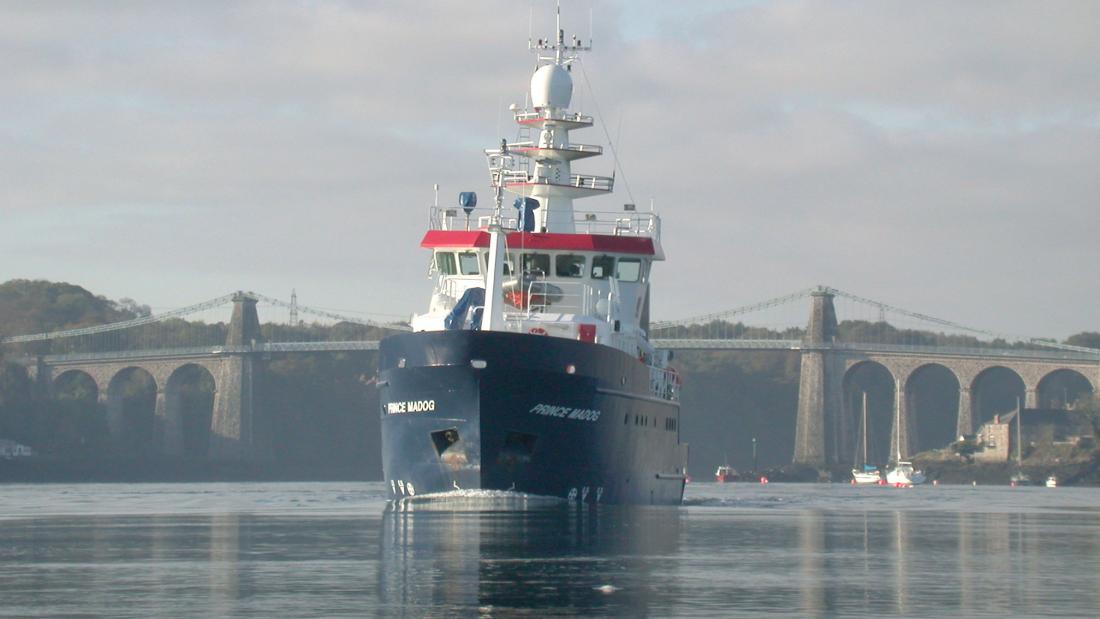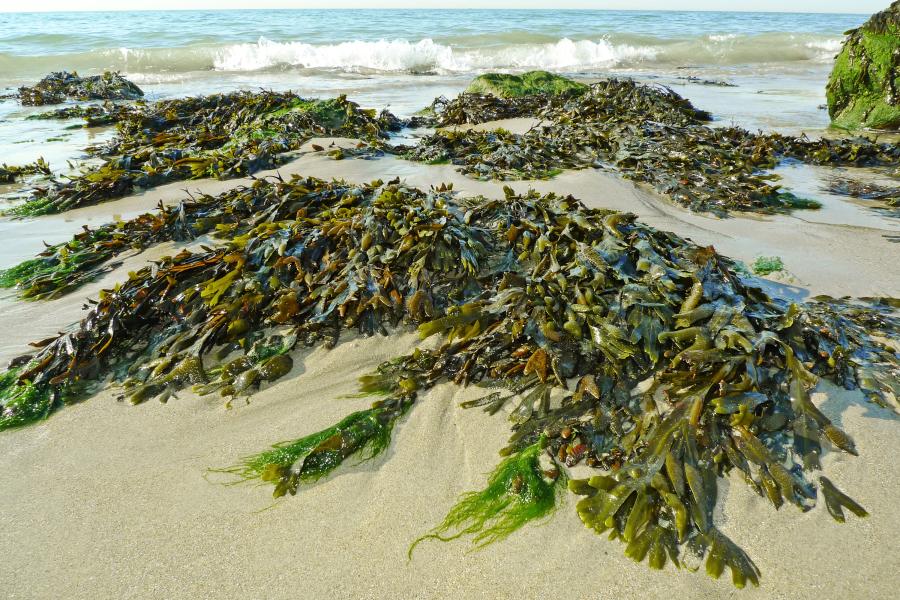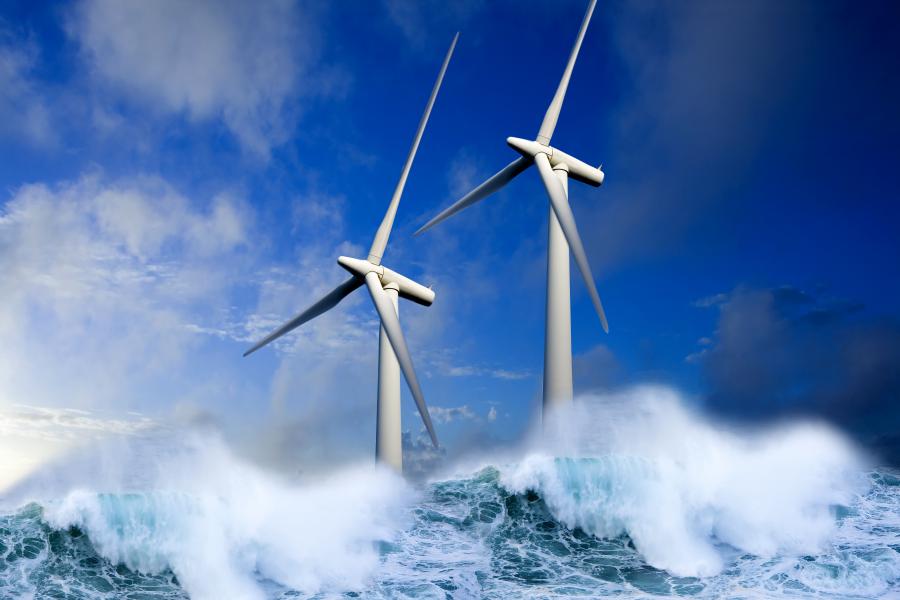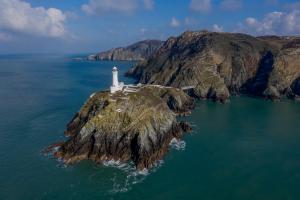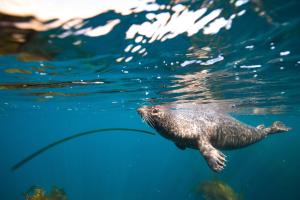Why Study Ocean Sciences?
The need to identify and exploit new food and energy sources against a backdrop of the threats posed by global warming mean ocean sciences is very much a subject of the future. It is all about identifying problems and finding solutions.
Understanding how the oceans work is key to predicting how our planet is going to respond to our warming climate. It is also important if we are to efficiently harness the huge but largely untapped potential of renewable tidal energy. By studying the physics of the ocean, you will learn about how the ocean works and interacts with other elements of the Earth System, the atmosphere and cryosphere. You will also learn about how to observe the ocean, both from ships and from space, and to develop numerical models for the prediction of the ocean.
You will gain the tools to be able to tackle important problems linked to climate change and to extracting energy from the ocean.
- We are one of the largest university centres teaching marine sciences in Britain and is one of the biggest in Europe.
- We are situated within a few metres of the sea, ideal for developing skills in estuaries, on the sea shore and at sea.
- We have a £3.5m ocean-going research ship.
The best thing ... is being in control of my own time, work load and the direction of my research. I enjoy working as part of an international research team in the field and in the laboratory.
Career Opportunities in Ocean Sciences
Ocean science graduates are able to move into a diverse range of jobs including environmental impact assessment and toxicology, pollution monitoring/treatment and waste disposal management and coastal and offshore engineering (associated with the growing marine renewable industry, for example). As we have been teaching ocean sciences here at Bangor University for over 50 years you will find Bangor graduates in leading roles in most of these industries.
An Ocean Sciences degree not only provides sound scientific knowledge of the marine environment, but places strong emphasis on the key skills which are highly regarded by employers.
Our Research in Ocean Sciences
Ocean Science research at Bangor University spans the globe. Our world-leading research looks to identify the causes of Arctic Sea ice retreat and the impact of global warming and plastic pollution on tropic coral reefs. In collaboration with the British Antarctic Survey and others we have recently found worrying levels of microplastics in pristine Antarctic fjords.
Our research delves into the Earth’s History. We have developed techniques to quantify past climates on planet Earth and use complex numerical models to look at the key processes driving those past climates. We have recently identified a ‘tidal super cycle’ linked to continental drift and now understand how tides might have influenced evolution of life on Earth. We have worked in collaboration with NASA to examine the role ocean tides in the evolution of an early Venus.
We are also a leading institute for research into fisheries science and the generation of tidal renewable energy.
You may also be interested in these related subject areas.
You may also be interested in these related subject areas.

